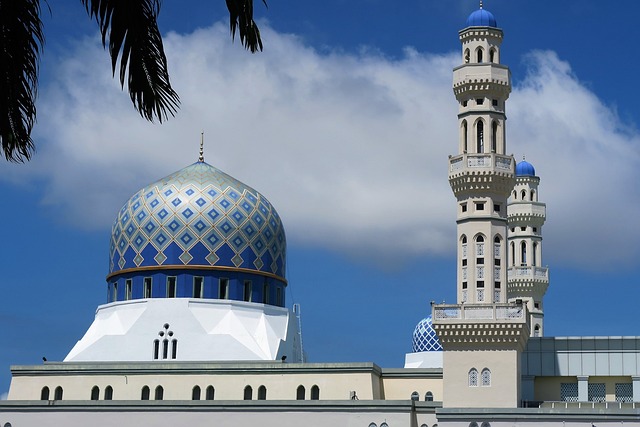Article Title:Eruvim: Talmudic places in a postmodern world
Abstract:
Lodged in the heart of Western urban space, eruvim are religious enclaves important to Orthodox Jewish culture. Eruvim enable acceptable behaviours on the Sabbath as defined by Talmudic theological dogma. Work, and the carrying of all objects associated with work, is prohibited in public spaces on the Sabbath by the Talmud, yet within the boundaries of the eruv, many such restrictions are relaxed, facilitating social interaction and community cohesion, This paper examines the religious and spatial dimensions of eruvim, including the obsessive detail paid to the demarcation of their boundaries, which serve as metaphorical walls and doorways. It also explicates the local politics through which private space is effectively extended into public space. Conceptually, the paper situates the topic within broader concerns about diasporic Jewish identity, which is threatened by assimilationism, slow demographic growth and secularization. It invokes recent theories concerning the spatialization of consciousness and subjectivity, noting the recent growth of eruvim as part of the global surge in ethnic identity that has emerged as a backlash to postmodern capitalism.
Keywords: eruvim; Jews; geography of religion
DOI: 10.1111/1475-5661.00040
Source:TRANSACTIONS OF THE INSTITUTE OF BRITISH GEOGRAPHERS
Welcome to correct the error, please contact email: humanisticspider@gmail.com



